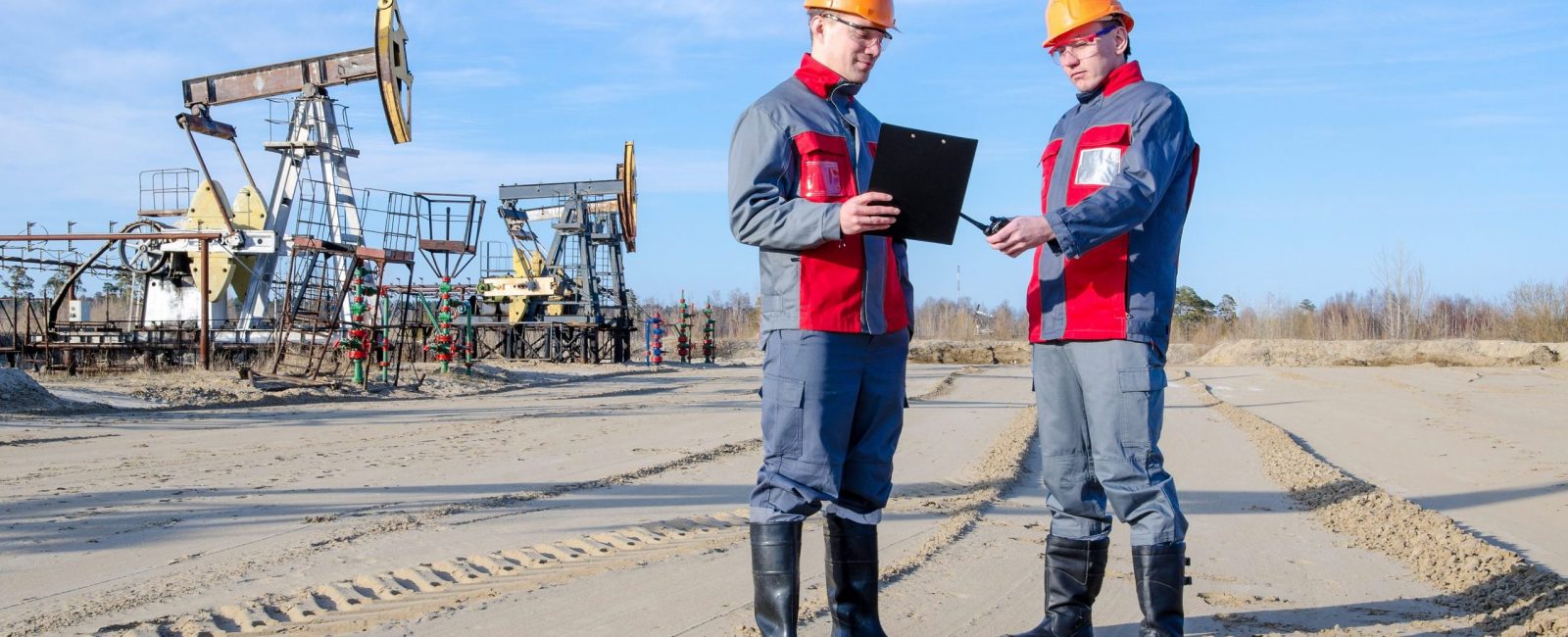
Oil and gas companies in Canada may soon have a much needed, and more environmentally friendly, solution to traditional cement well seals.
Oil and gas wells are currently sealed with cement—an imperfect solution as cement does not prevent methane leaks. Leaky wells cannot be closed until full containment/isolation of the reservoir fluids is restored through remediation, leading to high costs for oil and gas companies. In Alberta alone there are approximately 90,000 inactive wells that need to be decommissioned, and in Canada there are approximately 122,000 inactive wells.
The identification of alternative materials that could be used to seal and decommission wells and, in turn, reduce greenhouse gas emissions, financial costs and environmental liabilities is increasingly important. While extensive research has been conducted, and a list of five alternative materials has been identified, the materials have yet to be tested in real-world applications.
On March 9, 2022, an InnoTech project received approximately $1.2 million in funding from Canada’s Clean Resource Innovation Network (CRIN). This funding will provide researchers with the opportunity to test and assess the viability of alternate materials through real-world field applications in collaboration with regulators. After validation and field testing, these products will be one step closer to commercial use.
Successfully testing and identifying alternative materials to seal wells could be used for approximately 8,000 decommissioning jobs and 3,200 well remediations per year, resulting in the reduction of an equivalent of 200,000 tonnes of greenhouse gases annually in Alberta alone. It would also result in cost reductions of about 35%, saving Albertans and Canadians $3 billion and $4 billion per year, respectively. The project will also help accelerate and modernize the well closure and reclamation process.
Once viable alternatives are identified through lab and field-based testing, the project will immediately have practical benefits and applications in Alberta and beyond. In the United Kingdom, £15.3 billion is expected to be spent on decommissioning wells through 2028, and industry partners have already expressed interest in the technology for sealing offshore wells. The global market potential goes even further as additional wells are decommissioned every year in Europe, the United States and Australia.
This project has worked closely with Petroleum Technology Alliance Canada (PTAC), leveraging PTAC’s extensive experience in collaborative R&D and technology development, and network of oil and gas companies, SME innovators, and academic institutions.